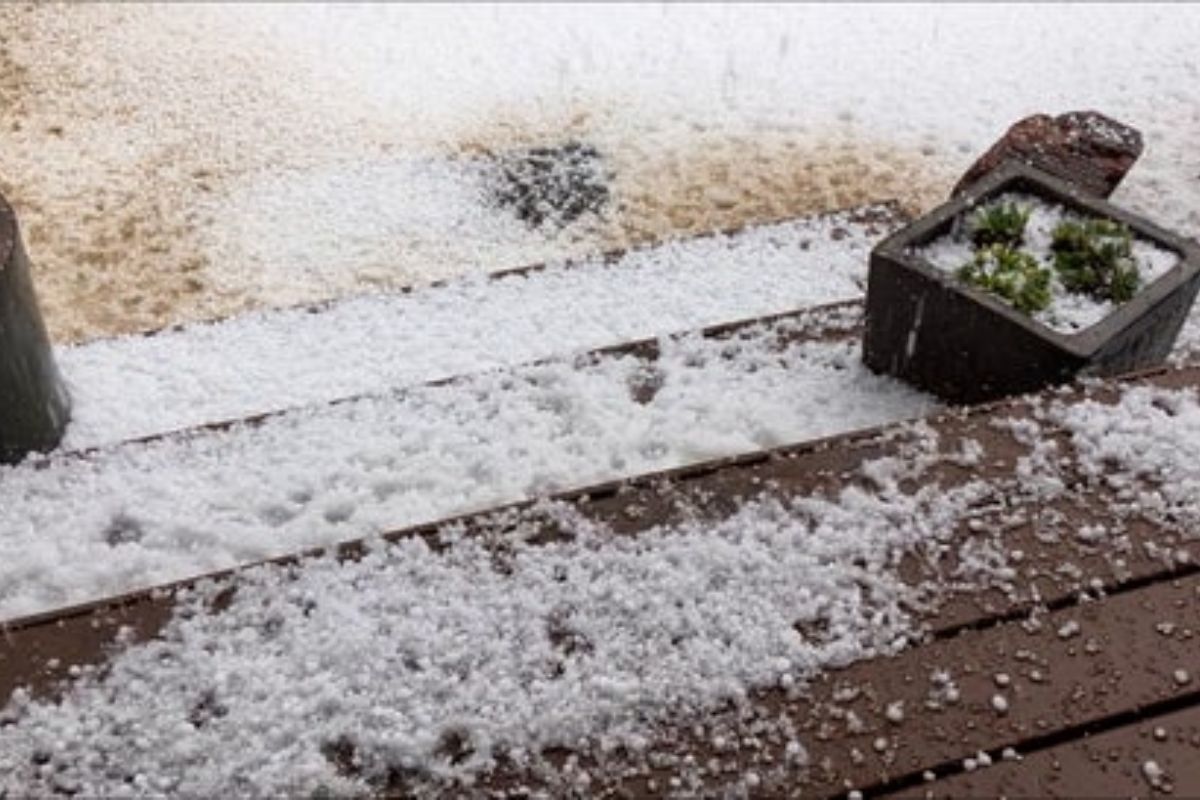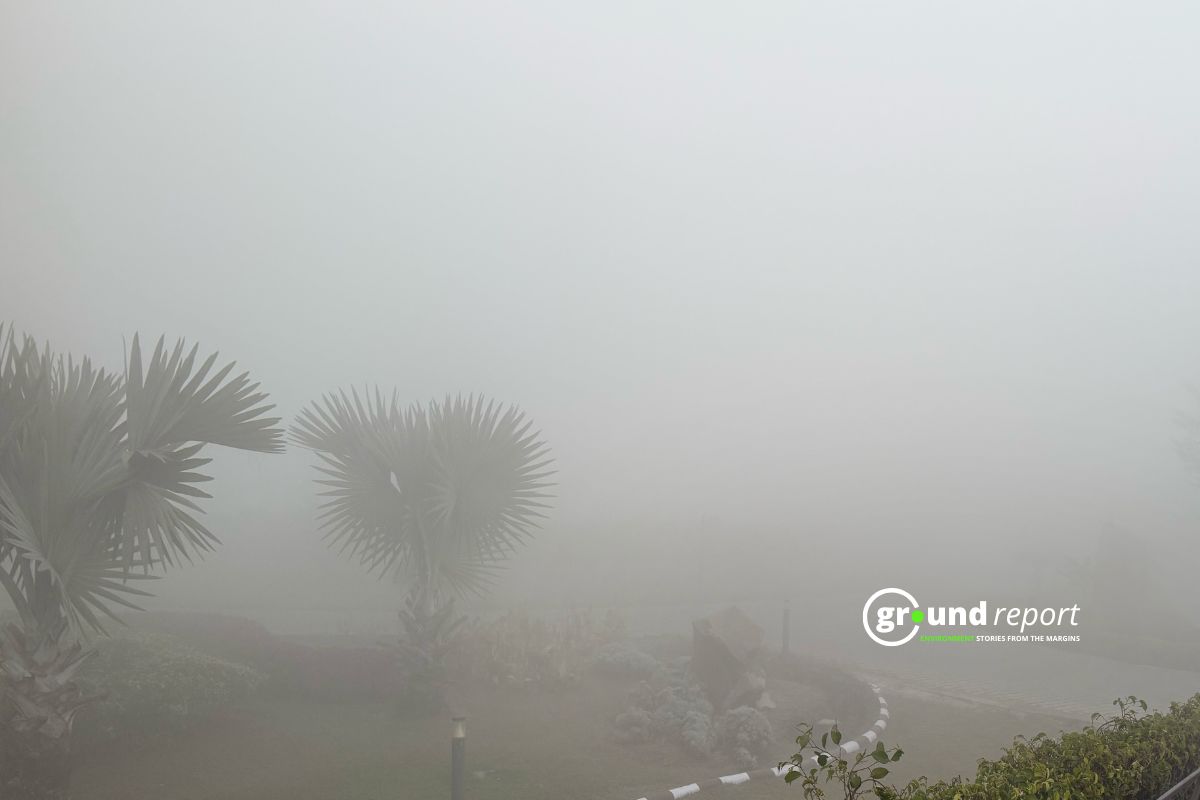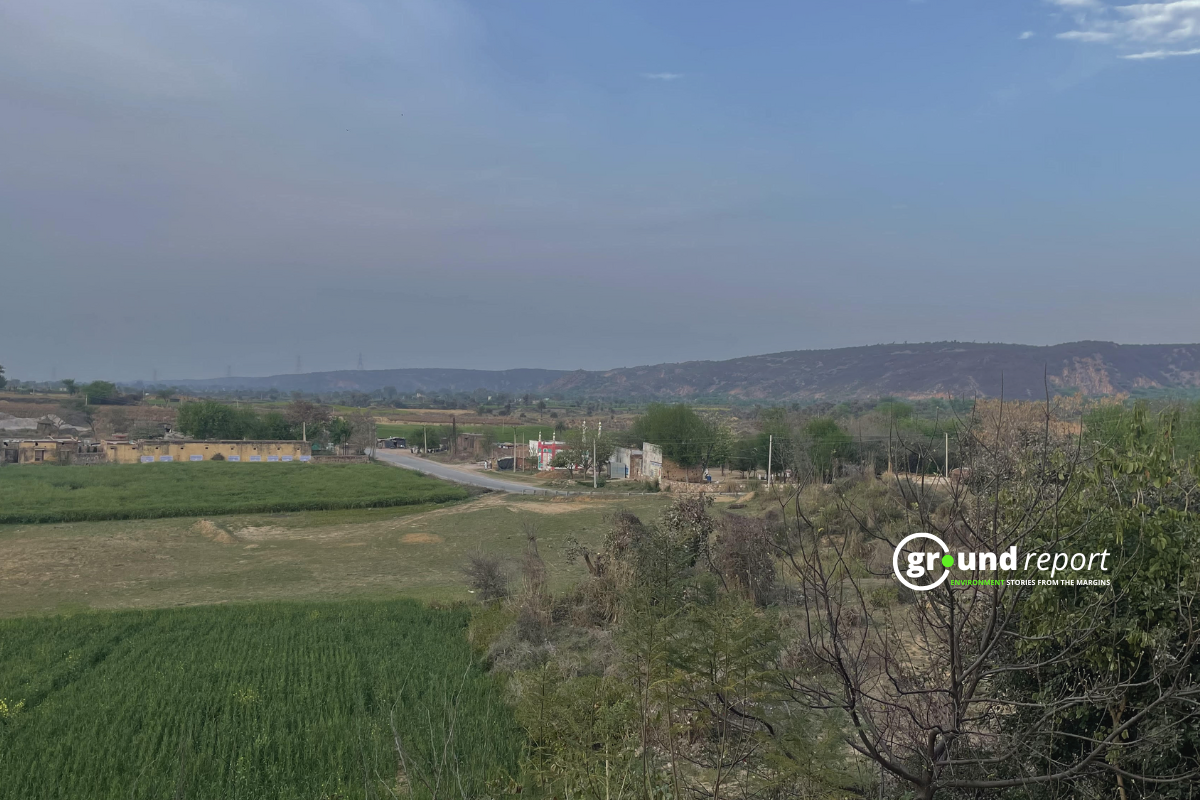On Tuesday afternoon, the small mountain town of Cascade, Colorado, near Colorado Springs, experienced a rare hailstorm that left residents and meteorologists in awe due to the volume of hail and a rare weather phenomenon that followed.
According to AccuWeather, the hail reached depths of multiple feet, creating shocking scenes captured in videos. What caught my attention was the unusual fog after the storm.
Have you ever heard of ‘hail fog’ before? It happened in Colorado on Tuesday! pic.twitter.com/rWuD1yenCD
— AccuWeather (@accuweather) August 21, 2024
What’s Hail Fog?
Hail fog is a rare weather condition caused by hail that cools the air to its dew point, forming fog. It occurs after a heavy hailstorm when ice falls into warm, moist air. As the hail melts and evaporates, it absorbs heat from the air, cooling it rapidly. If this cooling brings the air temperature to the dew point, dense, localized fog forms.
The hail produced “hail fog,” an unusual phenomenon that occurs when hail cools the surface temperature to the dew point level, forcing condensation.
The National Weather Service describes hail fog as “unusual,” forming when winds are light and appearing “patchy and shallow.” It can be dangerous for drivers due to its sudden appearance and reduced visibility.
Hail remains common in summer
Cameron Simcoe, a National Weather Service meteorologist, told Newsweek that hail is “the most frequent severe weather in the state,” but less common as summer ends compared to May and June. However, he added that “it is still relatively common during the summer, even in higher terrain.”
The NWS advises caution for driving in hail fog. Drivers should slow down for more reaction time and switch headlights to ‘low beam’ for better visibility.
The hail accumulation in Cascade was described as “feet of hail,” but Simcoe noted that the NWS doesn’t track hail depth. “We don’t measure hail amounts, so there’s nothing to quantify,” he explained.
The NWS Pueblo office warns of more severe weather following Tuesday’s unusual weather. Their forecast for Wednesday indicates another round of thunderstorms moving across southern Colorado, with heavy rainfall, potential flash flooding, and the possibility of large hail and damaging winds, especially in the southeast plains.
This rare combination of extreme hail accumulation and hail fog is a reminder of nature’s power and the importance of weather awareness, especially in areas with rapidly changing conditions.
Keep Reading
Indian agriculture household earns just Rs. 10,218 in a month: Govt
Post-harvest losses still high, reveals data shared in Lok Sabha
Support us to keep independent environmental journalism alive in India.
Follow Ground Report on X, Instagram and Facebook for environmental and underreported stories from the margins. Give us feedback on our email id greport2018@gmail.com.
Don’t forget to Subscribe to our weekly newsletter, Join our community on WhatsApp, Follow our Youtube Channel for video stories.









